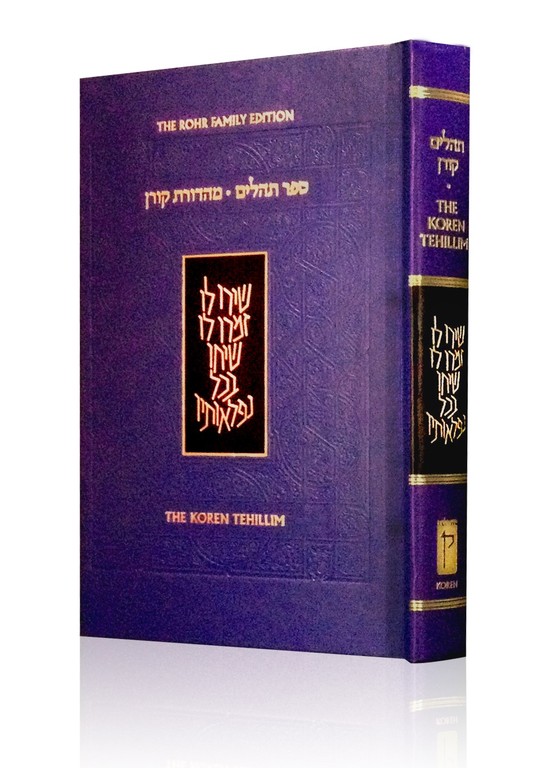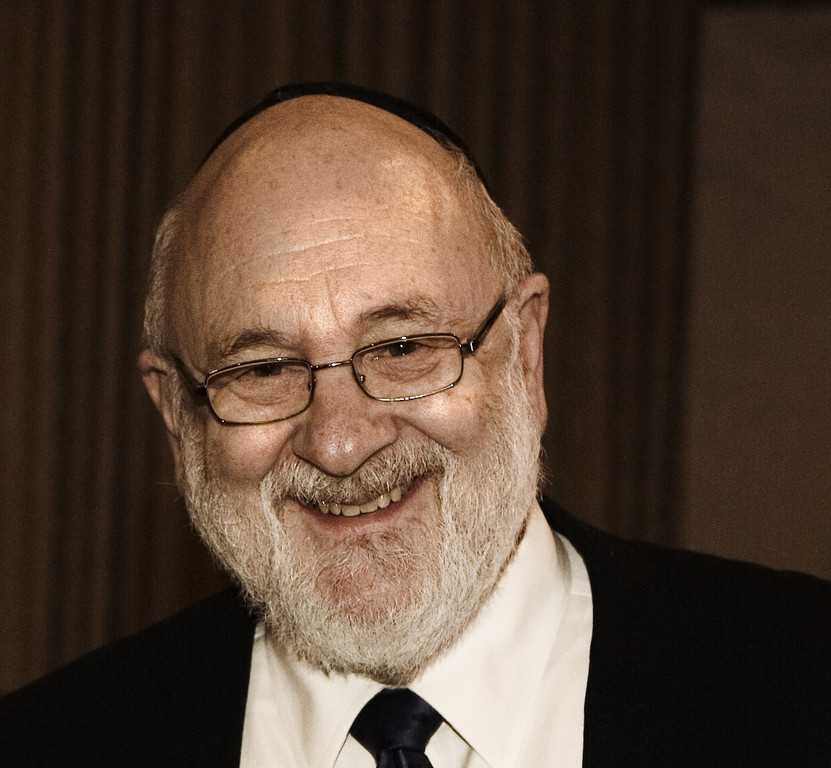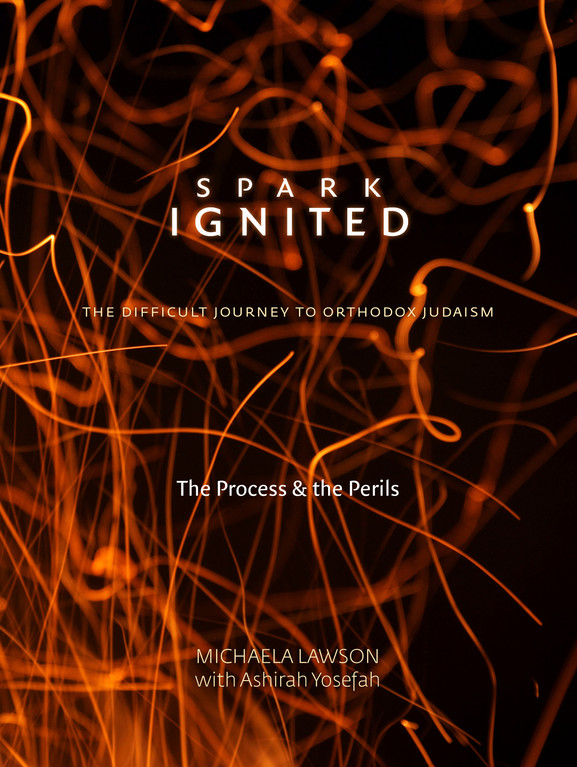A psalm to comfort our people
The joyous festival of Chanukah is just ten days away and the joyous American feast of Thanksgiving is now upon us. However, these are hardly joyous times; events around us reflect an ever-present combination of grief, sadness and tension.
It is to this set of events that this week’s essay is dedicated.
Psalm 30, a prayer recited in the Jewish liturgy once a day, and twice to three times a day on each day of Chanukah, is themed as a psalm of Thanksgiving and a psalm of dedication, thus, its recitation during Chanukah.
There are many reasons given for the selection of this particular psalm for this festival. Most rarely cited is the rather tenuous thematic connection between the psalm’s text and Chanukah’s theme.
Yet, its selection does have an inspiring resonance.
Below, I will reference from the distinguished English commentary on this sacred gem of liturgy that will demonstrate its relevance to the religious and historical themes of this holiday season.
In his distinguished commentary to “The Koren Tehillim,” Rabbi Dr. Tzvi Hersh Weinreb provides us with valuable insights into deeper meanings of the psalmist’s intentions. In reading this commentary, please pay close attention to every thematic detail, for as with all divinely inspired sacred writings, this too speaks to us with relevance and pathos as to the events around us.
Rabbi Weinreb sets up his commentary with the following prelude:
“I was complacent. I thought I had it made. Everything changed in the blink of an eye. Joyous dance turned into heartbreak. Another blink of an eye, and again everything changed. I danced once more.”
Rabbi Weinreb continues:
“Our psalm is an eloquent expression of what we all know, but choose to forget. Life is tenuous.
“One day we are arrogantly confident that we shall never be shaken, but the next day dawns, ‘G-d hides His face,’ and we find ourselves cowering in terror.
“Luckily, that terror too can be astonishingly short-lived. ‘Weeping may linger at nightfall, but joy comes in the morning.’ Nothing is permanent, everything is ephemeral.”
Given contemporary events in Israel, and all around the world, the teachings by Rav Kook, as referenced by Rabbi Weinreb, are sadly all the more relevant to us today. Consider the following:
“Rav Kook explains that a person’s vitality can be so diminished by ‘panic, fear, anxiety, and anguish of the soul’ that almost all traces of humanity vanish. All that is left is the desire to survive. All the means of achieving that desire are lacking, but the will to live remains.”
The ongoing terror that we are daily witnessing surely has served to dampen our previous self-confidence in our overly optimistic attitudes toward our daily conduct, our morality, and our dealings with our fellow human beings.
What are we to learn from these teachings?
We learn that we must come to prayer and ask for divine guidance and assistance. We must express and verbalize our gratitude to the Almighty every day, and in every way. That is a Jew’s ultimate expression of faith, and of hope in a peaceful future for all humanity, wherever they live.
FOR YOUR FURTHER STUDY
In a future essay I plan to bring to your attention a precious literary work entitled, “ Sparks Ignited,” by Michaela Lawson with Ashirah Yosefah, two converts to the Jewish faith who, each in her own unique way, share with us their varied experiences, positive and negative, in a frank and as open a manner as you will ever read.
Given the events of our times, religious belief has taken a hit by those who seek to give the gun and knife the sanctity of religious icons. These two ladies provide reasons to have greater confidence in one’s faith, and reinforce all the positive aspects that make our Judaism the great religion that it is.

 54.0°,
Mostly Cloudy
54.0°,
Mostly Cloudy 









